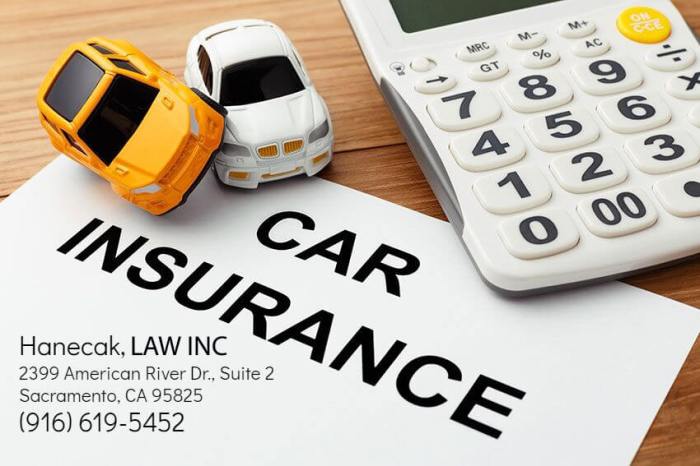What are the minimum car insurance requirements in California? It’s a question every driver in the Golden State should be asking. California law mandates that all drivers carry a certain level of car insurance to protect themselves and others on the road.
This means that if you’re driving in California, you need to have the right coverage in place to avoid hefty fines and potential legal issues.
Understanding California’s minimum car insurance requirements is crucial. It’s not just about avoiding penalties, but also about being prepared for the unexpected. Accidents happen, and having the right insurance coverage can help you navigate those situations with confidence.
Let’s break down the essentials of California’s car insurance requirements and explore the importance of additional coverage options.
California’s Minimum Car Insurance Requirements: What Are The Minimum Car Insurance Requirements In California?

In California, it’s mandatory to have car insurance. This is to protect yourself and others from financial losses in case of an accident. The state has specific minimum coverage requirements that all drivers must meet.
Minimum Car Insurance Coverage Requirements, What are the minimum car insurance requirements in California?
California’s minimum car insurance requirements are designed to ensure that drivers have adequate financial protection in case of an accident. These requirements include:
- Liability Coverage:This coverage protects you financially if you cause an accident that injures another person or damages their property. It covers medical expenses, lost wages, and property damage. The minimum limits for liability coverage are:
- Bodily Injury Liability:$15,000 per person, $30,000 per accident
- Property Damage Liability:$5,000 per accident
- Uninsured/Underinsured Motorist Coverage:This coverage protects you if you are injured in an accident caused by a driver who has no insurance or insufficient insurance. It covers medical expenses, lost wages, and pain and suffering. The minimum limit for this coverage is the same as your bodily injury liability limit, which is $15,000 per person, $30,000 per accident.
Consequences of Driving Without Minimum Required Insurance
Driving without the minimum required insurance in California can have serious consequences. These include:
- Fines and Penalties:You could face fines and penalties, including suspension of your driver’s license and vehicle registration. The penalties can vary depending on the severity of the offense and the number of violations.
- Jail Time:In some cases, you could even face jail time if you are involved in an accident without insurance.
- Financial Responsibility:If you are involved in an accident without insurance, you will be personally responsible for all costs associated with the accident, including medical bills, property damage, and legal fees.
- Higher Insurance Rates:Even if you eventually get insurance, your rates may be higher than if you had maintained continuous coverage.
Concluding Remarks

Navigating California’s car insurance landscape can seem complicated, but by understanding the minimum requirements and exploring additional coverage options, you can protect yourself financially and legally. Remember, being insured not only protects you from financial hardship in the event of an accident but also helps you stay on the right side of the law.
So, make sure your coverage meets California’s standards and consider adding extra protection to provide you with peace of mind on the road.
FAQ Corner
What happens if I get into an accident without the required insurance?
You could face serious consequences, including fines, license suspension, and even jail time. Plus, you’d be responsible for covering any damages or injuries you cause, which could be financially devastating.
Can I get a discount on my car insurance if I have a good driving record?
Absolutely! Many insurance companies offer discounts for drivers with clean driving records. Be sure to ask your insurer about any available discounts.
How often do I need to renew my car insurance policy?
Car insurance policies typically have a term of six months or a year. You’ll receive a renewal notice from your insurance company before your policy expires.
What is the difference between liability coverage and collision coverage?
Liability coverage protects you if you cause an accident, while collision coverage protects you if your car is damaged in an accident, regardless of who’s at fault.
